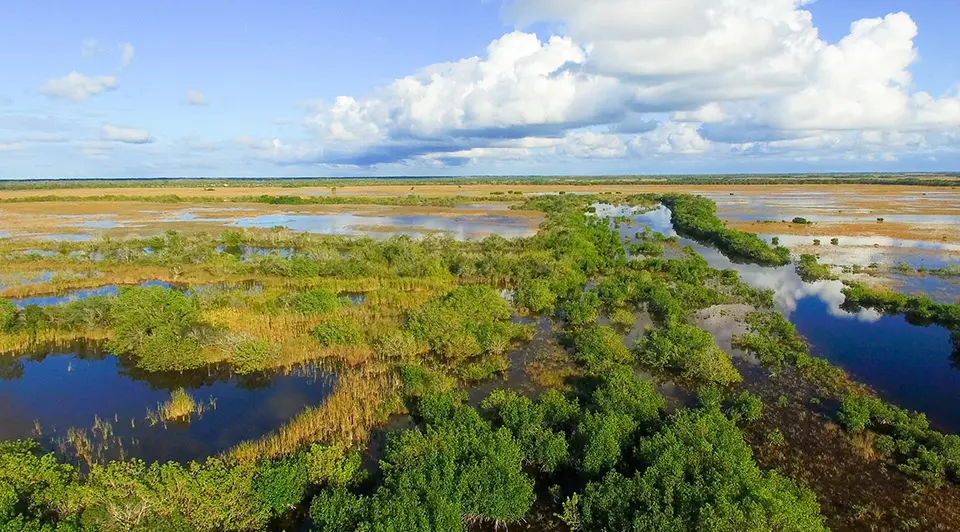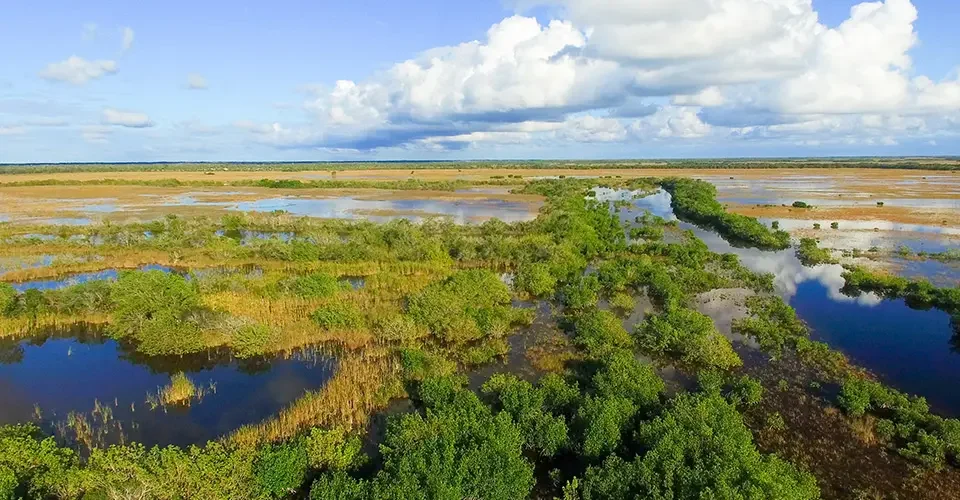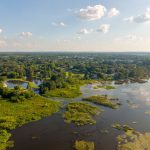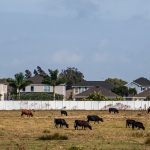
Defining WOTUS: “Continuous Surface Connection”
Informational Listening Sessions:
The EPA and USACE will gather information from the public via Listening Sessions. Topics on which EPA will request input include:
- Scope of ‘relatively permanent’ waters
- Scope of ‘continuous surface connection’
- What it means to ‘abut’ a jurisdictional water
- Temporary interruptions in surface connection (as referenced in the Sackett decision)
- Scope of jurisdictional ditches
Registration instructions and dates will be forthcoming at the following website:
https://www.epa.gov/…/public-outreach-and-stakeholder….
Listening Session for Environmental and Conservation Stakeholders: May 1, 2025 from 1:00 – 3:30 p.m. ET (Virtual and at EPA Headquarters in Washington, D.C.)
Florida Section 404 Permitting Challenge Moves to Appeals Court: Implications for Wetland Projects and Mitigation Banking
At The Mitigation Banking Group, we closely follow legal and regulatory developments that impact wetland permitting in Florida. One of the most significant changes in recent years—the transfer of Section 404 permitting authority from the U.S. Army Corps of Engineers to the State of Florida—is now under serious legal review.
A federal appeals court is scheduled to hear arguments this May in a case that challenges the U.S. Environmental Protection Agency’s (EPA) 2020 decision to allow Florida to assume authority over dredge-and-fill permits under Section 404 of the Clean Water Act. The outcome of this case could directly affect how developers and mitigation bankers navigate permitting, and underscores why understanding the regulatory landscape is critical.
Background on Florida’s Section 404 Assumption
In December 2020, Florida became only the third state in the nation (after Michigan and New Jersey) to receive the authority to issue Section 404 permits. The shift was intended to streamline permitting by consolidating state and federal review processes under the Florida Department of Environmental Protection (FDEP).
However, conservation groups filed suit, arguing the approval violated the Endangered Species Act (ESA). In 2023, a federal district judge ruled in their favor, vacating the transfer and returning permitting authority to the U.S. Army Corps of Engineers. Both Florida and the EPA appealed the ruling.
Key Arguments in the Case
The conservation groups, represented by Earthjustice, claim that the EPA and the U.S. Fish and Wildlife Service (FWS) failed to comply with ESA requirements—specifically by not issuing a proper biological opinion and incidental take statement. These are essential safeguards when federally protected species like the Florida panther or manatee may be affected by permitted activity.
Florida, meanwhile, argues that the state has built the staff capacity and infrastructure necessary to process permits more efficiently than the federal government. Business groups like the Florida Chamber of Commerce and Associated Industries of Florida are backing the state, citing delays caused by the regulatory reversal.
Why This Matters to Mitigation Bankers and Developers
If Florida’s assumption is ultimately overturned, wetland permitting would remain under the more time-consuming federal process—delaying development timelines, increasing costs, and creating added uncertainty for both applicants and mitigation bankers. This could especially impact timelines for purchasing and applying mitigation credits.
Mitigation bankers should pay close attention, as this case will shape how mitigation projects are evaluated and approved in Florida. A decision in favor of the state could solidify FDEP’s authority, while a ruling against could bring permitting back under the Corps, resetting years of policy progress and planning.
What’s Next?
Oral arguments will be heard on May 5, 2025, by the U.S. Circuit Court of Appeals for the District of Columbia. Until a final decision is reached, we anticipate continued uncertainty in the permitting process—and potentially slower turnaround times for Section 404 permit reviews.
At MBG, we remain committed to keeping our clients informed and supported through every regulatory twist and turn. For project-specific guidance or mitigation credit support, don’t hesitate to reach out: victoria@mitigationbankinginc.com







